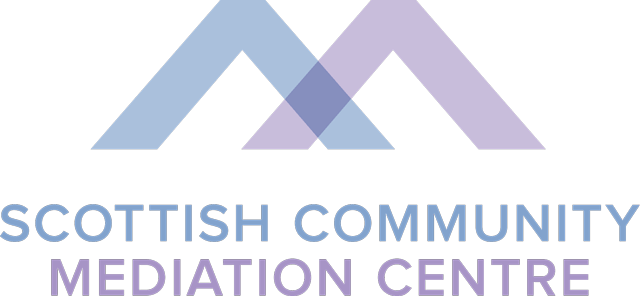Restorative Skills training
Restorative Skills training
Venue: Glasgow
Dates: 15, 16, 22, 23 & 29 January 2018
SCQF Level 6 Restorative Skills
In today’s evolving criminal justice sector, restorative practices are increasingly used in service delivery to those accused of - and harmed by - criminal acts. This course provides a safe and secure environment to learn the practical skills that are needed to become a trained restorative practitioner. You’ll learn the main different approaches to dealing with harm and offending, the ethics informing restorative practice and the role of the practitioner in different stages of the restorative process.
Key features of the course
• Applies the theory of restorative practice to real life scenarios
• Helps you to develop your ability to autonomously manage the restorative meeting
• Explores the legal context in which restorative practice operates
Course details
This training has two stages, together totalling 5 credit points under Scottish Credit Qualifications and Framework (SCQF).
• The first stage comprises of days one and two, focusing on conflict – its causes, how you and other people respond, management styles and conflict analysis and skills.
• For the remaining three days, the focus is on learning and practising skills of a restorative practitioner such as summarising facts and feelings, identifying and dealing with potential risks of re-traumatisation and managing power imbalances.
Access – preparing you for study
If it’s been a while since you have studied, don’t worry! The training is delivered in a supportive manner, demonstrating our commitment to the values underpinning restorative practice – respect for others, equal access and opportunity for participants and a belief in the potential in everyone to achieve a positive outcome. All training materials are given out in advance and opportunities are provided for consolidating learning through reflective written exercises.
Accessibility
The trainers are there to help you and the course is designed to produce opportunities for you to learn from a variety of study materials and has the following elements:
• Written information: pre-course information, the workbook and the exercises
• Discussion: in pair work, small groups and large group discussions
• Practical exercises taking you through each stage of the restorative process
• Written work: the opportunity to reflect on key aspects of restorative practice
• Role-play: taking on the role of client, observer and restorative practitioner allows you to appreciate the input of all the parties
Learners are required to attend and complete the whole course. For those with additional needs please contact the Centre so we can put arrangements in place before you start.
Upcoming Events
- Mediation Skills (5, 6, 11, 12, 13, 18, 20 June 2024) Starting on 05 . 06 . 24
- Mediation Skills (21, 22, 28, 29, 30 August, 2, 4 September 2024) Starting on 21 . 08 . 24
- Mediation Skills (13, 14, 15, 20, 21, 22, 27, 29 November 2024) Starting on 13 . 11 . 24
- Mediation Skills (20, 21, 25, 26, 27 March, 2, 4 April 2025) Starting on 20 . 03 . 25
